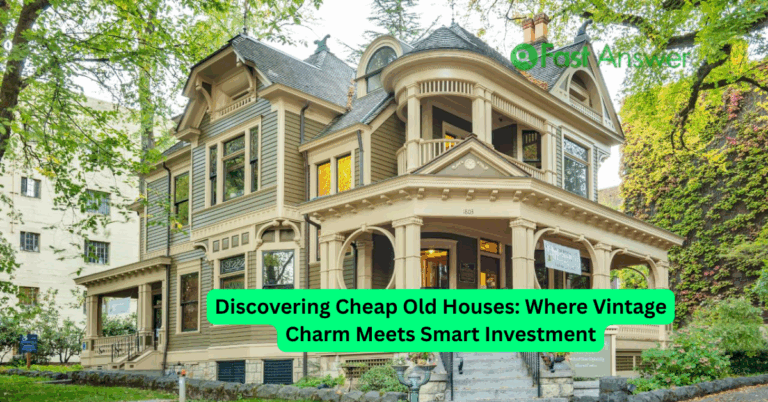Retirement Communities: Finding Comfort, Connection, and Care in Your Next Chapter
Choosing the right retirement community is a major life decision, one that can shape your lifestyle, health, and happiness for years to come. Retirement communities offer a blend of independence and support tailored to older adults looking to downsize, connect socially, and enjoy a worry-free environment. Whether you’re an active senior seeking amenities and community events or someone who needs more structured care, today’s retirement living options are more personalized than ever. This article is your roadmap to understanding what makes these communities thrive and how to find the right one for your needs.
What Defines a Great Retirement Community Today?
Modern retirement communities go beyond the basics of housing they offer an enhanced lifestyle. Think wellness centers, gourmet dining, walking trails, book clubs, and lifelong learning programs. The best communities create a balance between independence and security, where residents can choose how involved they want to be. Safety features, medical access, and community management are also essential factors. A great retirement community feels less like a facility and more like a neighborhood designed around your well-being and fulfillment.
Types of Retirement Communities and What They Offer
There’s no one-size-fits-all model. Independent living communities cater to healthy seniors who want minimal maintenance and maximum freedom. Assisted living provides help with daily tasks while preserving independence. Continuing Care Retirement Communities (CCRCs) offer a spectrum of care, allowing residents to transition seamlessly as needs change. For those with medical needs, skilled nursing or memory care facilities offer specialized support. Knowing your goals and health situation will guide you toward the right choice.
What to Look for When Touring a Retirement Community
When visiting a potential community, it’s important to observe both the physical setting and the social atmosphere. Are residents engaged and happy? Is the staff approachable and attentive? Look for clean common areas, accessible facilities, and clear emergency procedures. Don’t just rely on brochures talk to current residents and ask about their experience. Also, consider the contract details, monthly costs, and whether the community fits your lifestyle urban vs. suburban, pet-friendly, cultural diversity, and so on.
Financial Considerations: Planning for the Cost of Retirement Living
Costs vary widely depending on the location, services, and type of community. Some communities operate on a rental model with monthly fees, while others require a buy-in with refundable or non-refundable entrance fees. Medicare typically doesn’t cover housing in retirement communities unless it’s tied to medical care. Budget carefully and ask about all possible charges including meal plans, transportation, and utilities. Consulting a financial advisor can help you assess long-term affordability and asset protection strategies.
How to Make the Transition Smoother and More Enjoyable
Moving into a retirement community is a big change, but it can also be incredibly rewarding. Start by downsizing gradually and keeping only what brings value to your daily life. Get involved early attend community events, join clubs, and introduce yourself to neighbors. The social aspect of these communities often becomes a key benefit, helping reduce loneliness and boosting mental and physical well-being. The more open you are to the experience, the more fulfilling your new lifestyle will be.
FAQs
Are retirement communities only for the elderly with medical needs? No, many are designed for active, healthy seniors who want a maintenance-free lifestyle.
Can couples with different care needs live together? Yes, especially in CCRCs that offer multiple levels of care within the same campus.
Do retirement communities allow pets? Many do, but pet policies vary. Always check beforehand.
Is there an age requirement? Most communities cater to adults 55+, but requirements differ depending on the facility.
Can family members visit freely? Yes, and many communities encourage visits and offer guest accommodations.

